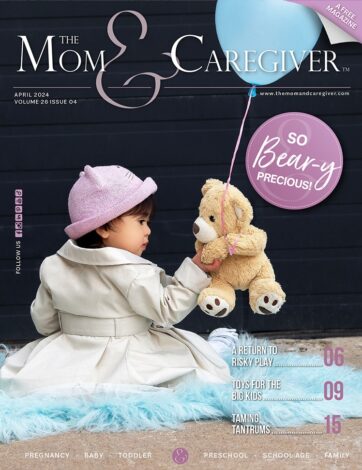Baby Blues
The perinatal period, from the time of conception up to one year after the birth of a baby, is often a time of celebration and joy. This is not, however, the case for all parents! Worldwide, as many as 1 in 5 women are known to experience challenges with perinatal mood and anxiety disorders. It is an experience that is common to all types of parents, no matter their age, ethnicity, income or culture. As many as 1 in 10 partners can experience perinatal mood and anxiety disorders as well. When mental health concerns go unnoticed and untreated, the consequences can be long lasting and can impact the whole family. By talking about mental health concerns and seeking treatment and support, parents can start to feel like themselves again!
What do perinatal mental health concerns look like? Women in their pregnancy and up to one year after the birth of the baby may find themselves feeling sad, tearful or crying a lot. They may be anxious, can’t stop worrying and seek constant reassurance. They may feel a range of emotions like hopelessness, worthlessness, guilt, or shame. They may find little or no enjoyment in things that used to make them happy. They may find changes in their eating or sleeping patterns and have difficulty sleeping despite being exhausted. They may have scary thoughts about hurting themselves or their baby. Partners may experience these symptoms as well.
What can you do if you feel this way? Talk about how you are feeling with a loved one or someone you trust. Speak with a healthcare professional. Seek support groups within your community, like the Mother Reach Support Group (https://www.healthunit.com/mother-reach) or the Parent and Infant Relationship Clinic (https://twitter.com/pairclinic?lang=en). Find ways to build exercise into your day, even if it’s just walking around the mall on a cold, wintery day. Consume a range of healthy foods from Canada’s Food Guide. Rest and aim to get as much sleep as possible. Find enjoyable activities that help you to relax and feel centered- journal, meditate, listen to uplifting music, take a warm bath. Accept help from family and friends!
Many parents suffer from perinatal mood and anxiety disorders. If you are one of these people, know that you are not alone and it is not your fault. Help and support are just around the corner. For more information on perinatal mental health, and for a detailed list of resources in the Middlesex-London Community, visit:- https://www.healthunit.com/pmh.
Heidi Reynolds RN PHN IBCLC
Middlesex-London Health Unit for the Community Early Years Partnership














